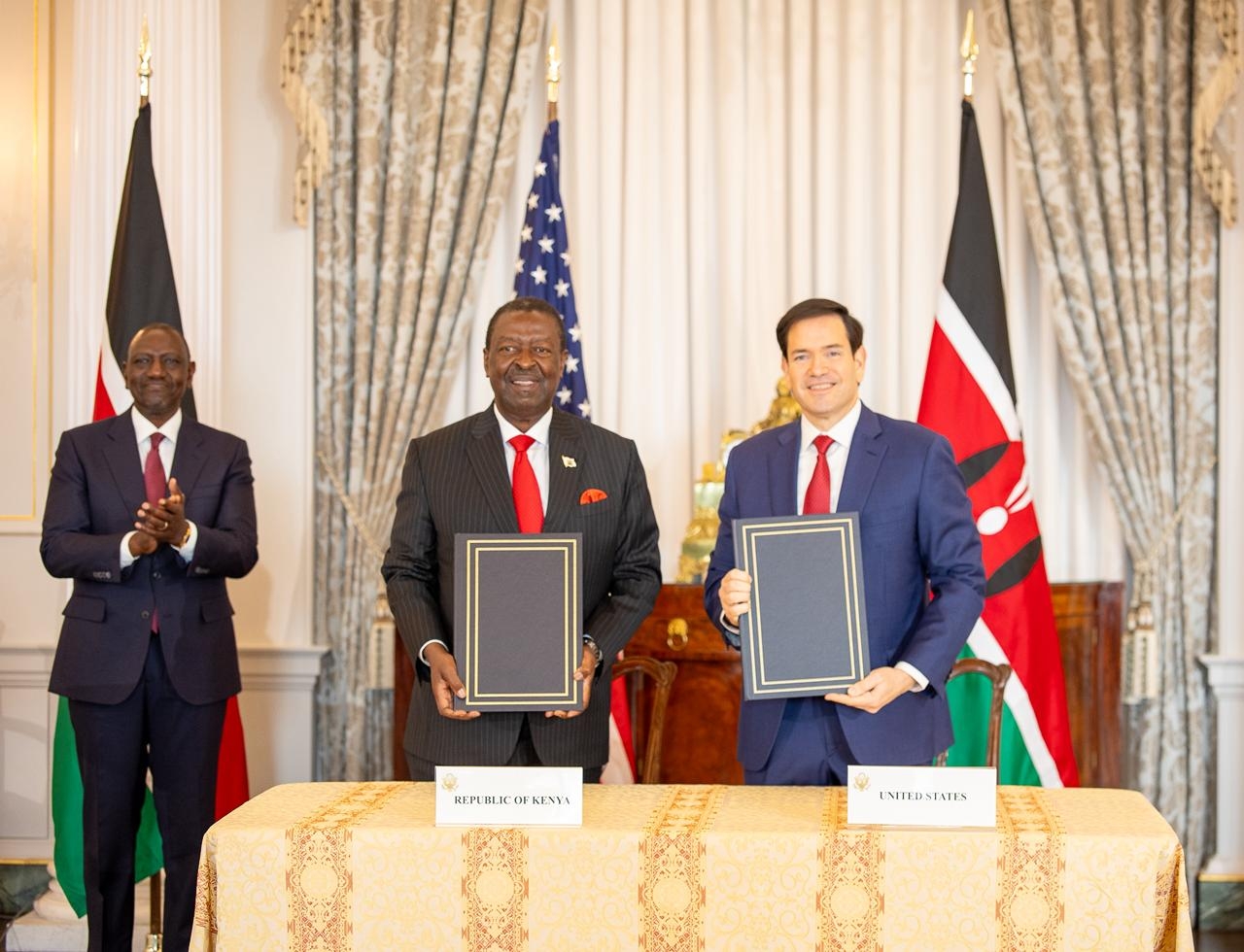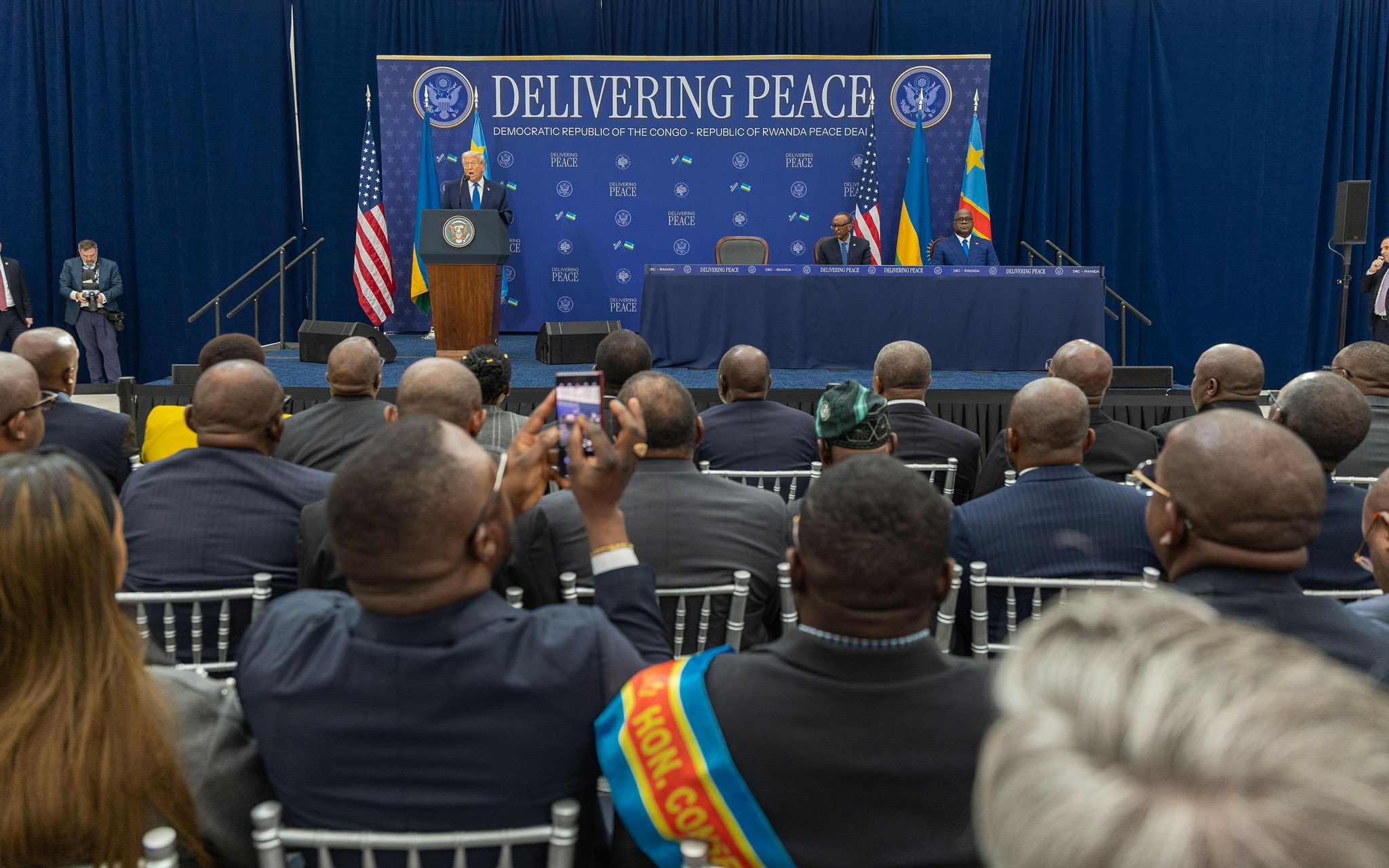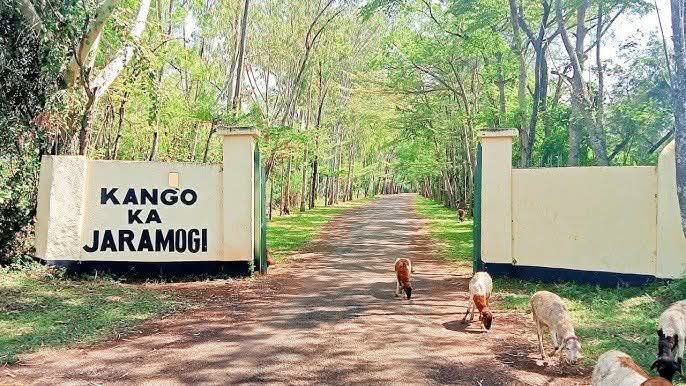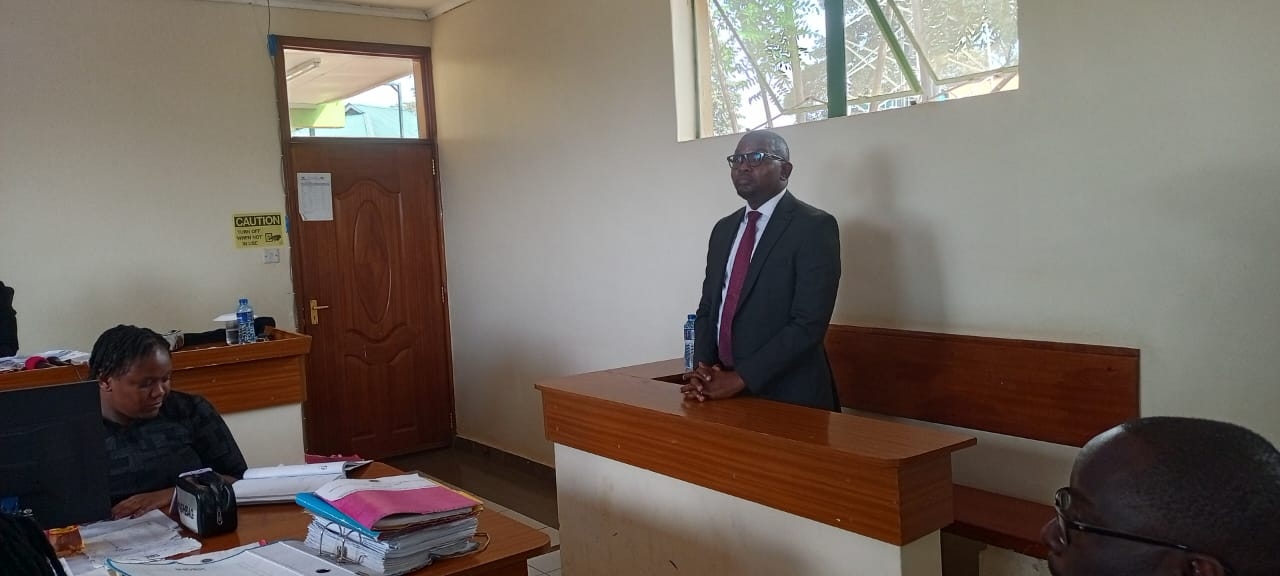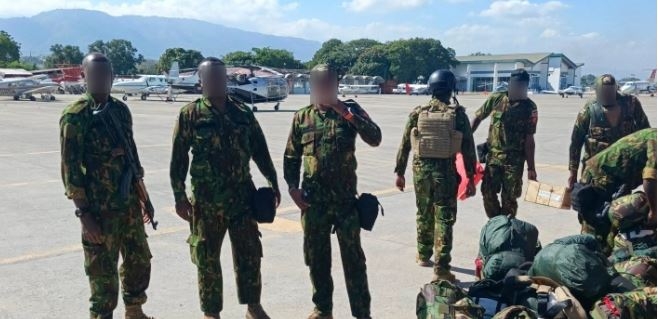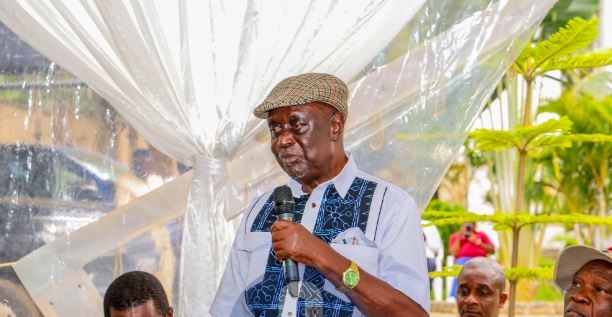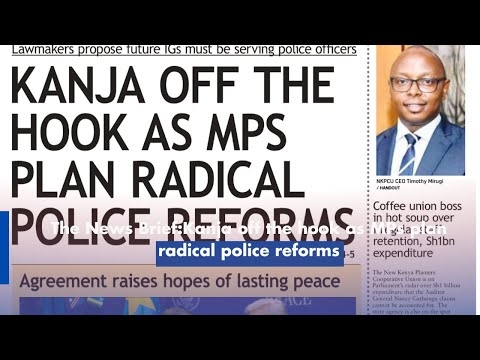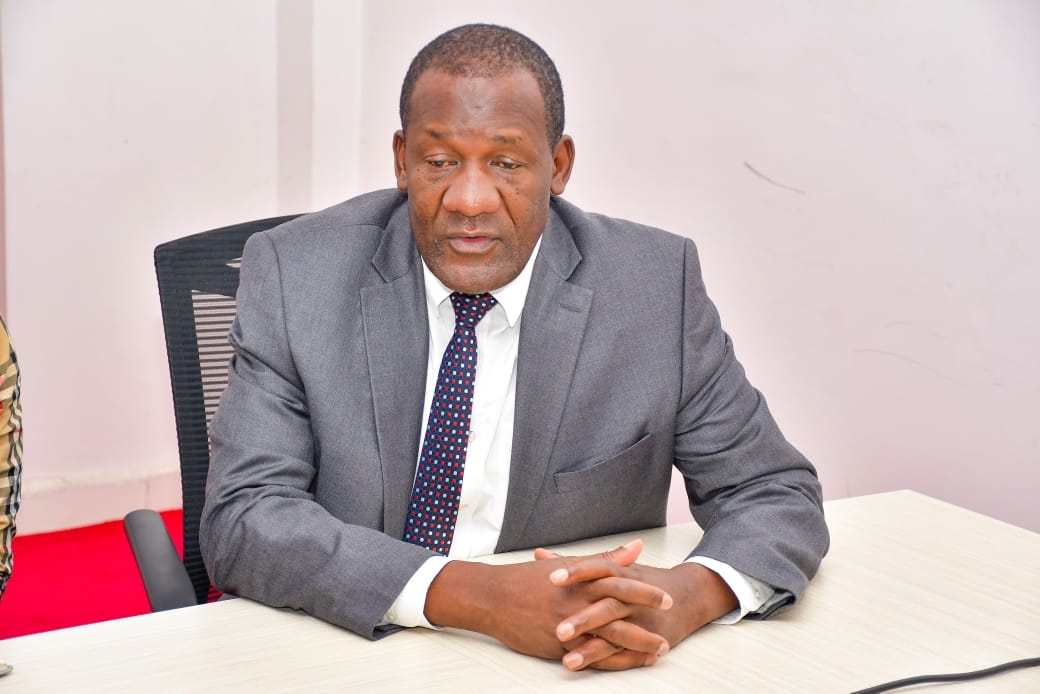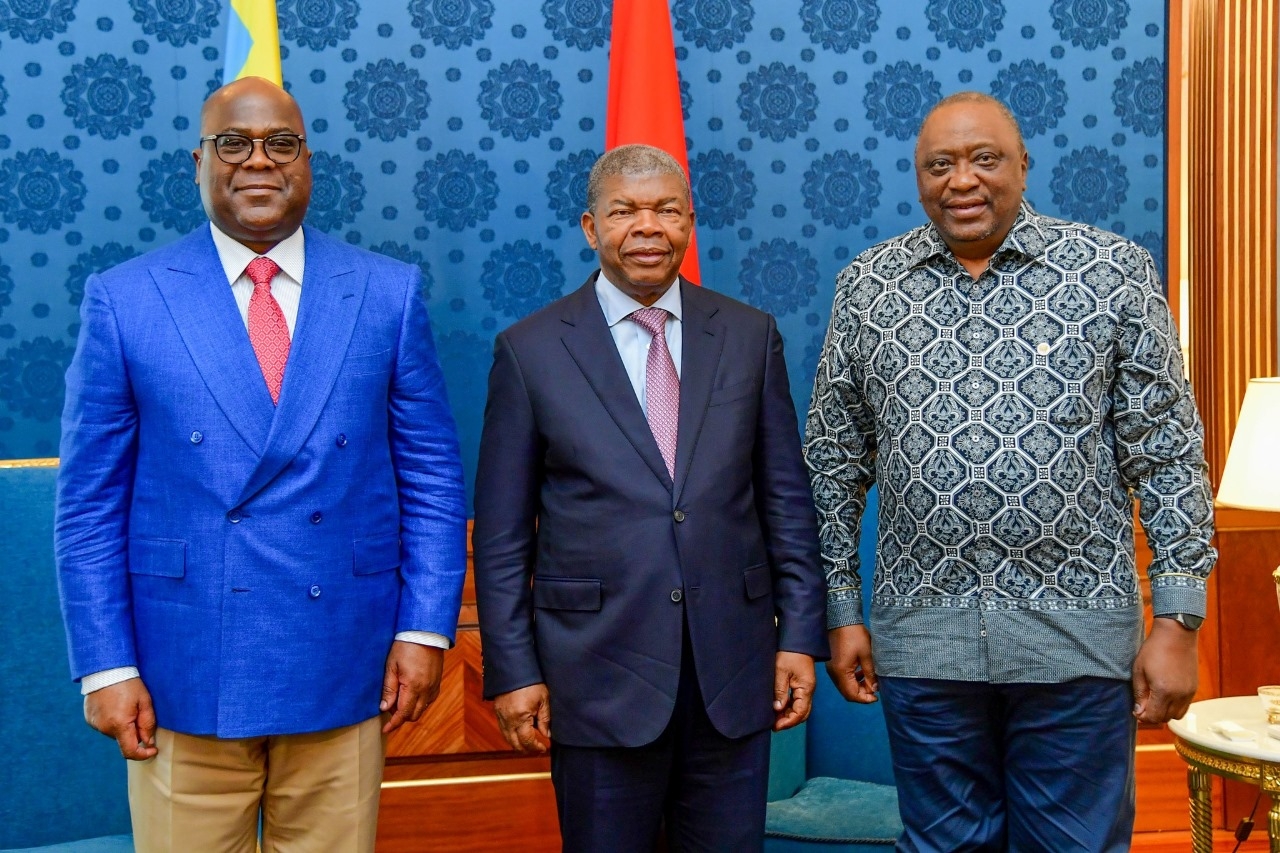The High Court has declined to allow CMC DI Ravenna access to its 28 vehicles that were seized by the Kenya Revenue Authority over the Kimwarer and Arror Dam scandal.
The Italian firm moved to court last year seeking to have seizure notice on the cars lifted. They argued that the national Treasury had exempted them from paying tax.
However, Justice John Mativo dismissed the application, ruling that the court respects the constitutional and statutory mandate of the KRA and can only intervene where there is a clear abuse of power.
The judge ruled that payment of duty is a legal requirement, thus granting the waiver is not automatic nor is it a right
“The court cannot grant orders which will impede them from lawfully performing their legal mandate,” the judge ruled.
The court said that KRA and the Commissioner of Customs and Border Control are mandated to enforce collection of customs duty and to administer and enforce all tax laws, adding that the vehicles in question are subject to customs duty.
“KRA remain entitled to recover the taxes unless the questioned tax waiver is established to be consistent with the law, hence, the need for the notice of seizures to remain in force,” judge Mativo said.
Judge Mativo further accused the firm of being dishonest.
“There is deplorable lack of candour on the part of the company arguing that the directors and the company are accused persons in the criminal case and to turn around and claim that they were not aware of the investigations relating to the vehicles is the hallmark of dishonesty sufficient to warrant the court not to exercise its discretion in their favour,” the court ruled.
According to court, Di Ravenna has not paid duty and the basis upon which they purported to apply for the tax exemption is a live issue in criminal proceedings against the company and its directors.
The judge said it had been argued that the project does not qualify for a tax exemption, yet the company claims to have received communication to that effect from national Treasury officials, who are their co-accused persons in the criminal case.
It was also his view that the source of funds used to purchase the vehicles is under challenge in criminal proceedings and its alleged that public funds meant for the project was diverted and used to pay for the said vehicles that had been seized.
The judge said the police and the DPP described the alleged tax waiver as a product of impunity and a basis for one of the charges against Treasury officials in the criminal case, so all these explain the need for the notice of seizure to remain in force until the criminal cases are conclusively determined.
The court further noted that the vehicles in contention are exhibits in the pending criminal case, and they remain in the hands of the police until they are formally introduced in court as evidence, after which they remain in the court's custody until the matter is determined.
“The accounts used to move the funds have been cited by the police and the concluding of the criminal proceedings will determine the fate of the vehicles and the next course of action by the parties, including CMC Di Ravenna,” the judge ruled.
The state had opposed their application on grounds that the firm was likely to frustrate the ongoing criminal prosecutions, subvert the public interest of recovering corruptly acquired property and subvert the role of investigations and prosecutions.
But, Di ravenna argues that they entered into a contract with the Kerio Valley Development Authority in April 2017 for the engineering, procurement, and completion of Arror and Kimwarer dams.
They then applied for a tax exemption for the said vehicles on grounds that the vehicles would be used in the projects.
They further claimed that the national Treasury in a letter dated November 19 confirmed that any equipment and machinery for the project would be eligible for tax exemption provided the equipment and machinery were solely for use in the dams projects.


